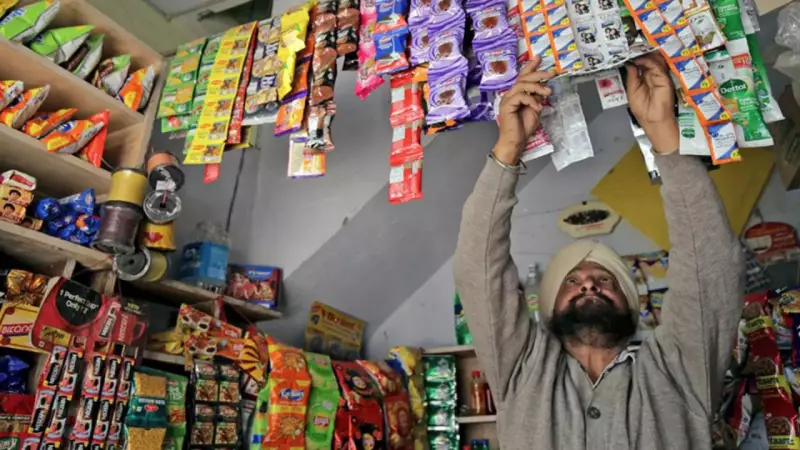
India's fast-moving consumer goods (FMCG) market experienced unexpected turbulence in the third quarter of 2024, with sales growth slowing considerably across both urban and rural markets. The temporary setback comes amid significant regulatory changes and unseasonal weather patterns that disrupted traditional consumption cycles.
The Double Whammy: Regulatory Changes & Weather Woes
Industry analysts point to two primary factors behind the Q3 slowdown:
- GST Amendments: Recent revisions to Goods and Services Tax rates on essential FMCG products created temporary supply chain disruptions and pricing uncertainty
- Excessive Rainfall: Unusually heavy monsoon conditions across multiple states hampered distribution networks and reduced footfall in retail outlets
The combined impact was particularly noticeable in rural India, where consumption patterns remain more vulnerable to economic and environmental fluctuations.
Global Players Maintain Long-Term Confidence
Despite the quarterly dip, international FMCG heavyweights continue to express strong optimism about India's growth potential. Companies like Unilever, Nestlé, and Procter & Gamble have reaffirmed their commitment to the Indian market, viewing the current challenges as temporary obstacles rather than long-term trends.
"India remains one of our most strategic growth markets globally," stated a senior executive from a multinational FMCG corporation. "The fundamental drivers of consumption growth—demographics, rising incomes, and urbanization—remain firmly intact."
Recovery Expected in Coming Quarters
Market experts predict a gradual recovery through 2024 as:
- Supply chains adapt to new GST structures
- Agricultural income improves with better crop yields
- Festival season spending boosts consumer sentiment
The resilience of India's consumer market, coupled with ongoing product innovation and distribution expansion, suggests the Q3 slowdown represents a temporary pause rather than a permanent shift in the country's consumption story.






